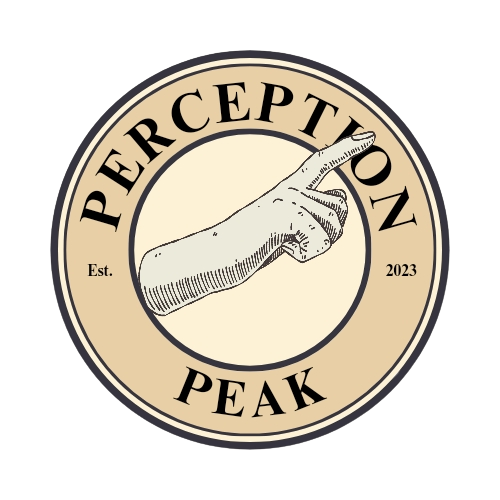The learning process is a crux of being able to read, comprehend, and form an opinion on what you’ve read. Not only does learning involve just pronouncing the letters and jotting them into words, but it goes on to interpret things you studied in your style, forming a bias on it, and extracting what the text means to you. In this writing, we shall settle the lifelong debate of Reading vs Comprehension and recognize the value of each in their realm.
Reading is the ability of an individual to shape words from a given piece of text and pave the way forward to find its meaning.
Comprehension is the cognitive ability of an individual to interpret the text read, derive meaning from it, and integrate or relate it with the knowledge the reader already is familiar with.
Reading: The core
Reading is the art or the ability a human possesses to decode the letters or symbols of a given text and make provisions for further understanding and deriving meaning from it. Being able to read fluently and quickly is a skill that is a must-have for individuals in the learning domain. Since learning and researching involves hours of studying and refining the knowledge gained.
Reading is a mechanical or technical aspect of learning. While it involves the processing of letters into sounds, it further leans toward paragraph and sentence comprehension. The process of reading goes into technicalities when phonemic awareness, word recognition, fluency, and vocabulary development are included to better understand the text later.
Comprehension: Unveiling the layers of interpretations
Comprehending and interpreting what you’ve read is a cognitive skill that is necessary for an individual to procure meaning. The meaning can either be a generic or straightforward one, For example, meaning derived from “sit down” would mean to not be standing upright when you’ve been instructed to sit.
The meaning can be deep and can have multiple explanations such as, “The chef added some spice to the recipe, which created a heated debate among the diners.” In this context, the word spice can be used as both the literal ingredient spice and also refers to the metaphor of inducing excitement and/or controversy. This highlights the need for comprehension to decipher what this sentence truly holds in terms of interpretation.
Comprehension further includes critical thinking, being able to connect the dots and recognize the connections between the knowledge they already possess and newly read and to conclude things and form opinions. It is an ability to extract, summarize, and synthesize information from the pieces of words read, standing out as a pivotal skill to learn, adapt, and be a handy problem-solver.
Reading vs Comprehension: Major differences
To settle the confusion between Reading vs Comprehension, there’s a need to differentiate them. While some differences are evident as mentioned earlier, some notable distinctions between them set one another apart and give each their significance.
- Reading is the mechanical and technical part of learning and understanding, while Comprehension is the cognitive element that procures knowledge and denotation. It goes a step ahead toward critical thinking and evaluation.
- Reading is the first and foremost step of learning. It merely starts by eyeing the words and making an effort to spell them out so they make sense to you. Without reading, comprehension is baseless.
- Comprehension is usually the end goal of reading. No one likes to read for the sake of just reading the text out and not deriving meaning out of it or knowing what the text was about. The read-out words carry some interpretation, and that meaning is what every reader is reading for.
- Comprehension requires deliberate focus and effort to cognitively think a draw out explanations. It not only means understanding the surface-level message but also going beyond it and finding out what truly lies within the letters. This involves actively thinking,

To conclude, in the realm of learning and seeking knowledge, both of these skills carry immense importance to better understand and absorb a particular topic under study. To settle the debate of Reading vs Comprehension, both go hand in hand. In our daily lives, both of these skills help us at moments we don’t realize, either at work, going over social media, commuting, reading a book, or watching a film. Recognizing the importance of both makes us a better reader and a better thinker.

